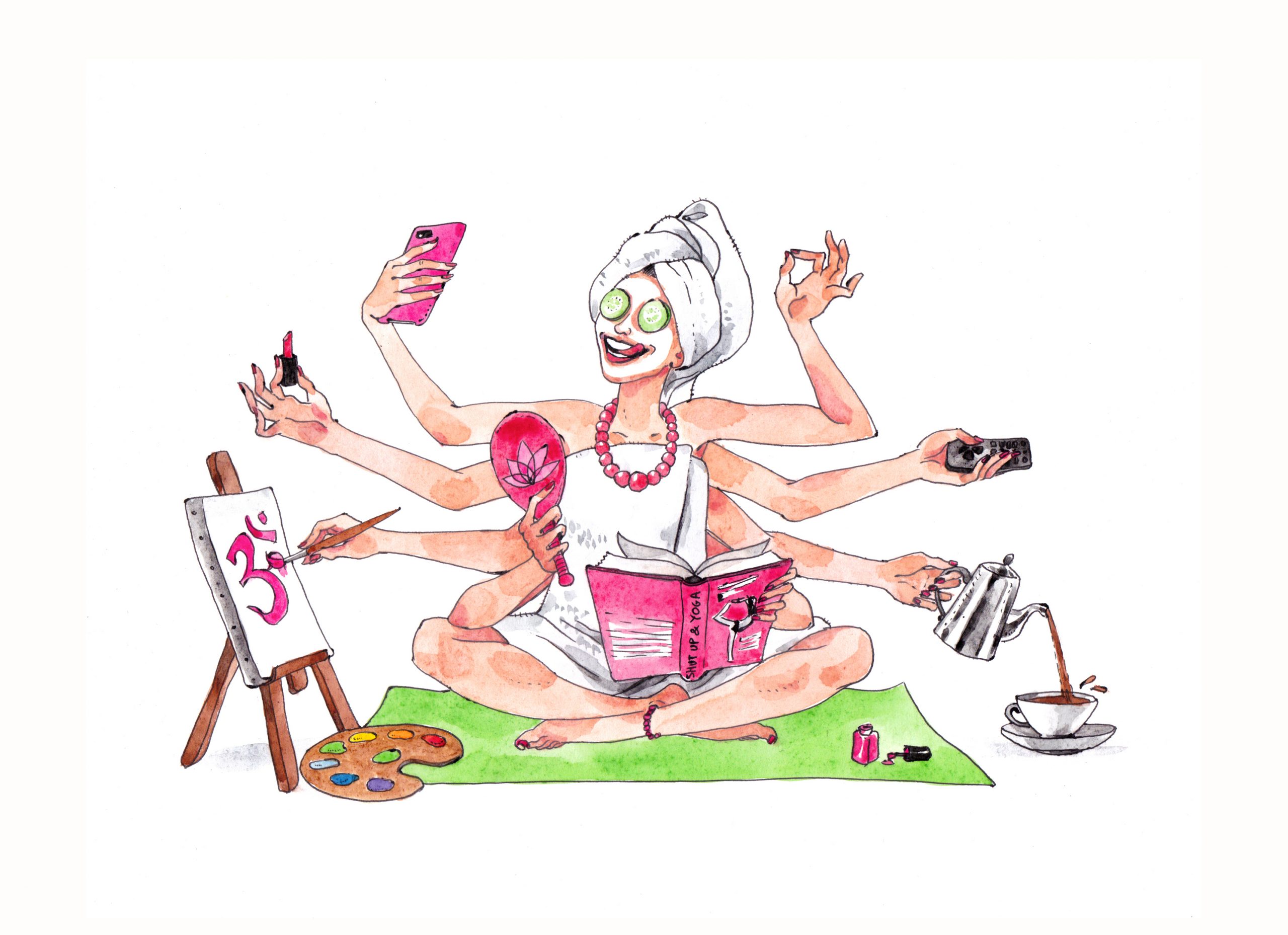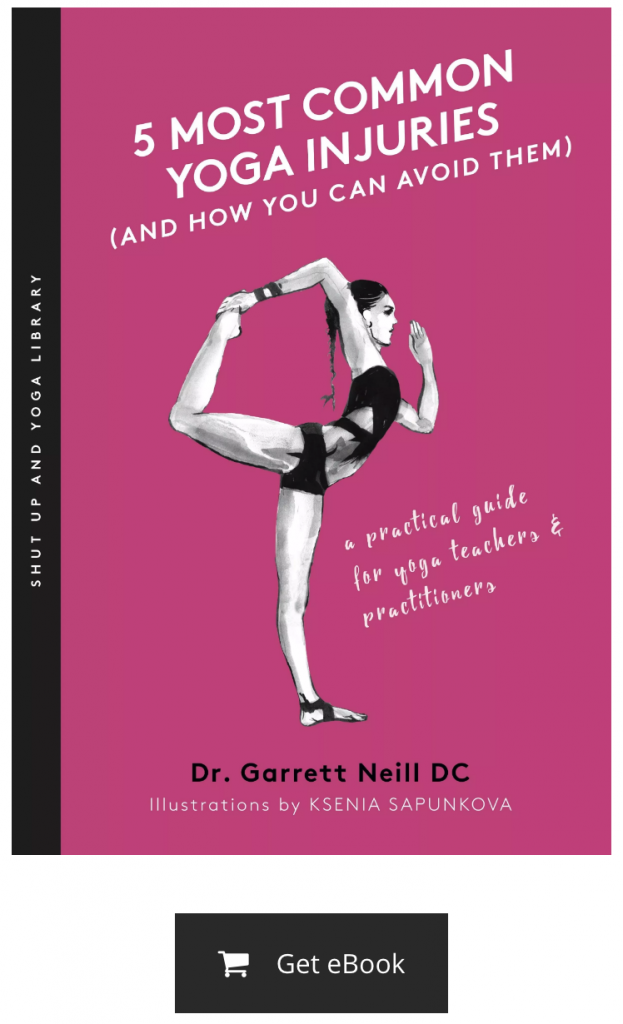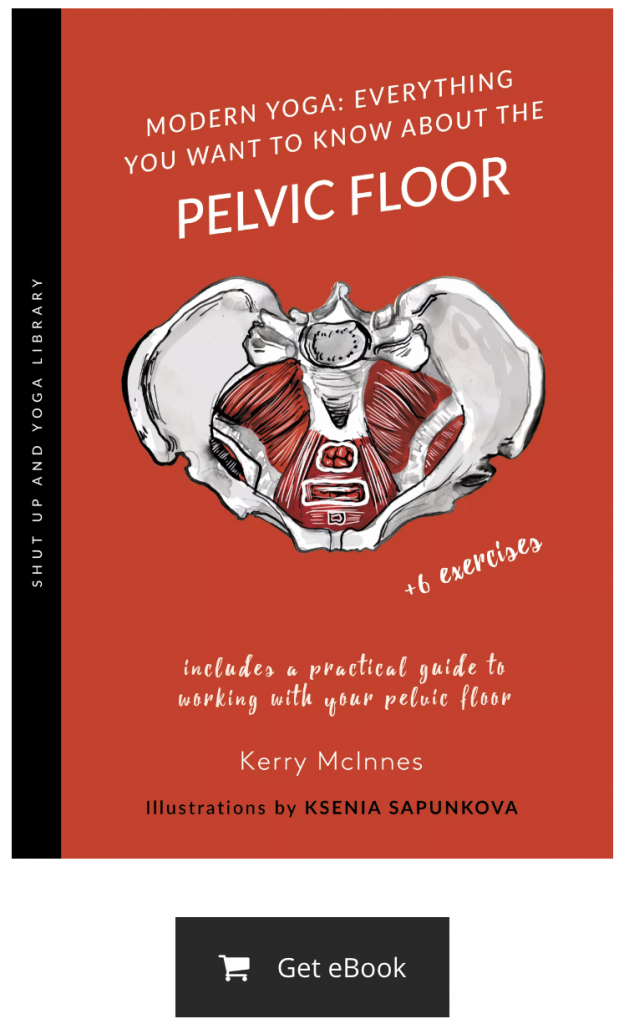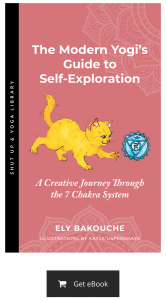It’s hard to imagine what “stressed out” would have looked like back in the day.
Today, stress is basically a badge of honor. The busier we are, the better we think we are in life. Somewhere along the way, the value of “hard work” was adopted by those in charge, and societal expectations shifted to reward those who famously “work hard, play hard.”
Hard play does not, unfortunately, balance out hard work. You just can’t relax hard — it won’t produce the intended effect.
In the distant past (and still today), people experienced stress when they were being chased by predators, or when their village was at war. You know, the actual life-threatening situations that trigger our fight/flight/freeze response.
It wasn’t until the early 1900’s that the word stress started to be used in the West to define a psychological state of being, and it wasn’t until the 1950’s that this usage became commonplace in the field of psychology.
However, the ancient yogis were defining psychological stress states way before everyone else. In fact, the entire practice of yoga is designed to prevent mental suffering (or what we would consider the symptoms of “stress” today).
The Sutras and Stress
Sutra 1.30 in Patanjali’s Yoga Sutras states:
There are nine types of interruptions that prevent us from developing the necessary mental clarity to live free from suffering. Those nine interruptions are:
- Illness
- Fatigue
- Doubt
- Carelessness
- Laziness
- Overindulgence
- Overconfidence
- An inability to concentrate
- Instability
So why is developing mental clarity an important goal in the first place? Developing mental clarity will help you live a better life, and in the process, place you on the path toward enlightenment.
Interruptions hold us back from living our best life
Now, let’s look at each of these interruptions and put them to the test.
If you’ve ever been ill, you’ll know that it’s pretty hard to focus on anything other than sleeping until you feel better. When we try and work while we’re sick, we just can’t operate at our best, no matter how hard we try. Too much of our internal energy is being harnessed by the body to heal– as it should be. No matter how strong our willpower, we can’t steal that healing energy from our body to do anything else. And we shouldn’t!
The same thing goes for fatigue. It’s pretty hard to focus when you’re exhausted. Think about new moms and dads. The truth of the matter is, they probably don’t do their best work in the first few months after the baby is born, simply because they are sleep deprived. That’s one of the many reasons maternity and paternity leave is such a good idea.

Then we have our good old friend doubt. When you doubt yourself, it feels overwhelming to move forward on new and exciting projects. That soul-crushing feeling is often so intense that it prevents us from moving forward at all. One point for doubt, zero points for you and the clear mind you need to help you live your best life.
Carelessness occurs when we aren’t able to procure enough energy to focus on the details. Whether that’s because we’re unaware that we need to be detailed, we’re under pressure to meet a deadline, or we just don’t care, carelessness results in a lack of focus that obscures clear thinking.
Laziness pretty much speaks for itself. When we’re feeling lethargic, it’s hard to get motivated. Clear thinking takes a lot of work! That attention and energy are not available to the lazy mind. Have you ever heard of someone who lives an amazingly fulfilling life sitting on the couch watching TV? I didn’t think so.
Overindulgence often leads us to the previously mentioned states such as illness, fatigue, and laziness. If you can’t even walk in a straight line after drinking too much, it will be hard to be on point for anything important in your life. And even if you don’t partake in mind-altering liquids and plants, consuming too much of anything leads us right back to feeling ill.
No one wants to admit they’re delusional, which makes this seventh mind interruption the hardest to explain. T.K.V. Desikachar translates this seventh interruption as “illusions about one’s true state of mind.” Many other translators define this seventh interruption as “false perception” or “delusion.” This is meant to convey the idea that so many of us unenlightened humans identify with our smaller self, rather than with our Divine Self. This misperception of identifying as our ego, our thoughts, body image, name, etc., create an ultimate delusion that prevents us from clearly seeing the truth of the world around us — that we are all in this together.
Examples of overconfidence show up all around us today. When we are overconfident, we fail to keep an open mind and consider other possibilities. This can lead to narrow-mindedness and eventual failure, all because our overconfidence blocks our ability to think and see clearly. Hillary Clinton comes to mind as a recent, and very relevant, example.
The inability to concentrate is pretty straightforward. If we’re constantly distracted, nothing much gets done, and it’s hard to keep clarity at the forefront of anything we do. The original intent of this particular interruption pertained to the inability to concentrate long enough to meditate. It’s impossible to meditate without concentration. And it’s impossible to find true clarity without meditation, according to the ancient yogis.

Finally, instability. How many times have you been in yoga class trying to balance on one leg or hand, fallen out of it, and then started shaking your head or mentally berating yourself for being so bad at balance? Be honest. That feeling of instability sucks! But beyond experiencing physical instability, many people in this world live in unstable households. Research has shown time and again that those who have a precarious situation at home struggle the most in school and life. If you’re stuck at the foundation, it’s going to be awfully hard to see through all the crap you’ve got coming at you as you try to survive. And most of us want to thrive in life rather than survive. Without stability, the clarity needed to succeed is hard to come by.
The symptoms of stress
Beyond outlining the interruptions that prevent us from living clearly, Patanjali goes on in Sutra 1.31 to explain that we can recognize when one of these interruptions is hijacking our joy when we experience one of the following symptoms:
- Pain
- Negative Thinking
- Anxiety
- Irregular Breathing
I don’t know about you, but to me, those four symptoms sound an awful lot like stress. And that’s one of the things that I find most inspiring about the wisdom of the ancient yogis– they figured this stuff out thousands of years before psychologists came around in the 1950’s and said the same thing in more medical terminology. Amazing.
Pain originally referred strictly to mental discomfort. And indeed, when we are suffering mental anguish, we feel pretty far away from living our best life.
Negative thinking quickly leads to frustration, despair, and sadness. It precedes worry as we speculate about the future unnecessarily, and affects our actions accordingly.
Other translations offered for anxiety include nervousness, restlessness, or an inability to be at ease in one’s body. In my personal experience with panic attacks, it is this last translation that resonates most. I know I’m having a panic attack when my whole body seizes up and begins to shake uncontrollably, and it’s definitely uncomfortable.
And then there are the irregular breathing patterns. Another hallmark symptom of anxiety and panic. Even if you’re not hyperventilating, chronic shallow breathing can do a number on your shoulders, neck, and upper body, as well as deprive you of the parasympathetic experience (rest, relaxation, and digestion).
In practice
The Yoga Sutras is an ancient text, written in a different time for a different audience. If the two sutras presented here were written today, they might read like this:
If you are experiencing pain, negative thinking, anxiety or irregular breathing, it’s a good idea to reflect on whether or not any of the following are present in your life:
- Are you ill? Rest.
- Are you tired? Get more sleep
- Are you doubting yourself? You have everything you need. Have some compassion for yourself and remember you’ll be okay.
- Are you being careless? Double check your work.
- Are you being lazy? Consider instituting some discipline. Bring in external accountability if you need it.
- Are you overindulging? Take it easy for a bit. Everything in moderation.
- Are you being overconfident? Consider other opinions and viewpoints and keep an open mind.
- Are you having trouble concentrating? Keep coming back to the task at hand. The most important part is that you keep trying.
- Are you feeling unstable? Refocus your energy on getting the basics taken care of.
Bonus: Stress Management Tips from Patanjali
Not quite enough to help you deal? Patanjali even goes so far as to offer some stress management tips in Sutras 1.32-1.39.
Sutra 1.32: The key to managing stress is to select the appropriate tool to help you steady your mind. There is no one tool. There are infinite tools. The trick is, you have to pick the one that works best for you and your individual situation.
Sutra 1.33: Here are some ideas for practices that may help you, but remember, these are just suggestions, and they may or may not work for you.
Particularly if you notice yourself getting caught up in negative thinking, consider this practice:
“Cultivate feelings of friendliness towards those who are happy, compassion for those who are suffering, goodwill towards those who are virtuous, and neutrality towards those who you perceive to be wicked or evil.” (Jnaneshvara)
Sutra 1.34: If you notice your breathing is irregular, try extending your exhale longer than your inhale to turn on your parasympathetic nervous system and regulate your breath.
Sutra 1.35: If you’re feeling mental discomfort, consider engaging the senses. Listen to soothing music, take a walk and notice the feeling of the Earth on your feet, the sound of the birds, and the smell of the flowers. Taste something delicious, or experience the comfort of a hug from a loved one.
Sutra 1.36: If you’re feeling a bit blue, spend some time reflecting on something greater than yourself. Remind yourself what role you want to play in the big picture of life and take one small step to get you closer to meeting that goal. Remember, it’s not about you.
Sutra 1.37: Ask someone for help. Seriously, this sutra is that simple.
Sutra 1.38: Get some sleep and analyze your dreams. They may help you figure out what you’re so worried about. Modern research continues to show how beneficial sleep is in helping us heal and remain healthy.
(This particular sutra is the most out-there, but remember, not all of these practices work for everyone. Patanjali was just trying to cover his bases to make sure that everyone could find something that might tickle their fancy.)
Sutra 1.39: Pick any practice that is interesting and effective for you. It can be simple or complex. The point is that you stay focused on performing that practice and stick with it to help you untether the mental interruptions that are keeping you from clear thinking and joyful living.
Sutra translations inspired by the following authors and translators:
T.K.V. Desikachar, The Heart of Yoga
Salvatore Zambito, The Unadorned Thread of Yoga
This text compilation draws from the translations of 12 different authors/scholars/yoga masters including Pandit Usharbudh Arya, Alice A. Bailey, M.N. Dvivedi, Georg Feuerstein, Vyaas Houston, Swami Jnaneshvara, Swami Prabhavananda, Shri Purohit Swami, Swami Satchidananda, Alistair Shearer, I.K. Taimni, and Swami Vivekananda.

Illustration by Katya Uspenskaya
Edited by Jaimee Hoefert
Enjoyed reading this article? Consider supporting us on Patreon or making a one-time donation. As little as $2 will allow us to publish many more amazing articles about yoga and mindfulness.





